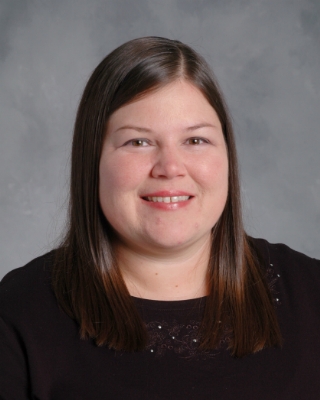


Students used computational thinking to have a concrete example to conceptualize the mathematics involved. Students were able to identify that a proportional table contains equivalent fractions in changes of y over changes in x. They were also able to separate those changes to code a robot to graph their table. The tables also graphed a straight line. Students could identify what proportional and linear mean. Students asked relevant questions and looked for patterns to teach a computer and use machine learning. Tools to program robots consisted of SpheroEdu, Code.org (Artist), and Cue (by Wonder Workshop).
Students enjoyed creating questions to recreate machine learning as a way to teach peers the difference between proportional and non proportional graphs. Their success on these projects was demonstrated in multiple chapter tests for the unit. Seventy five percent of the students in the math skills course improved their understanding of proportional relationships as evidenced in the grade 7 math class. Ninety percent of the students enjoyed the activity, and many students who walked by wanted to join. Adults also walking past class became curious about the students’ complete engagement in the activity.
This session lends itself well to a poster session with handouts, photos, video.
Participants will experience an overview of the math lesson on slope and equivalent fractions (<5 min). Presenters will share videos of students learning slope and equivalent fractions (<5 min) and discuss with participants the outcomes of the lesson.
This session will engage the audience, showcase student work, and answer attendee questions.
https://blog.mindresearch.org/blog/coding-mathematical-practices#:~:text=Coding%20Builds%20Problem%20Solving%20Skills,and%20persevere%20in%20solving%20them.
| Related exhibitors: | Sphero, Wonder Workshop, Code.org |